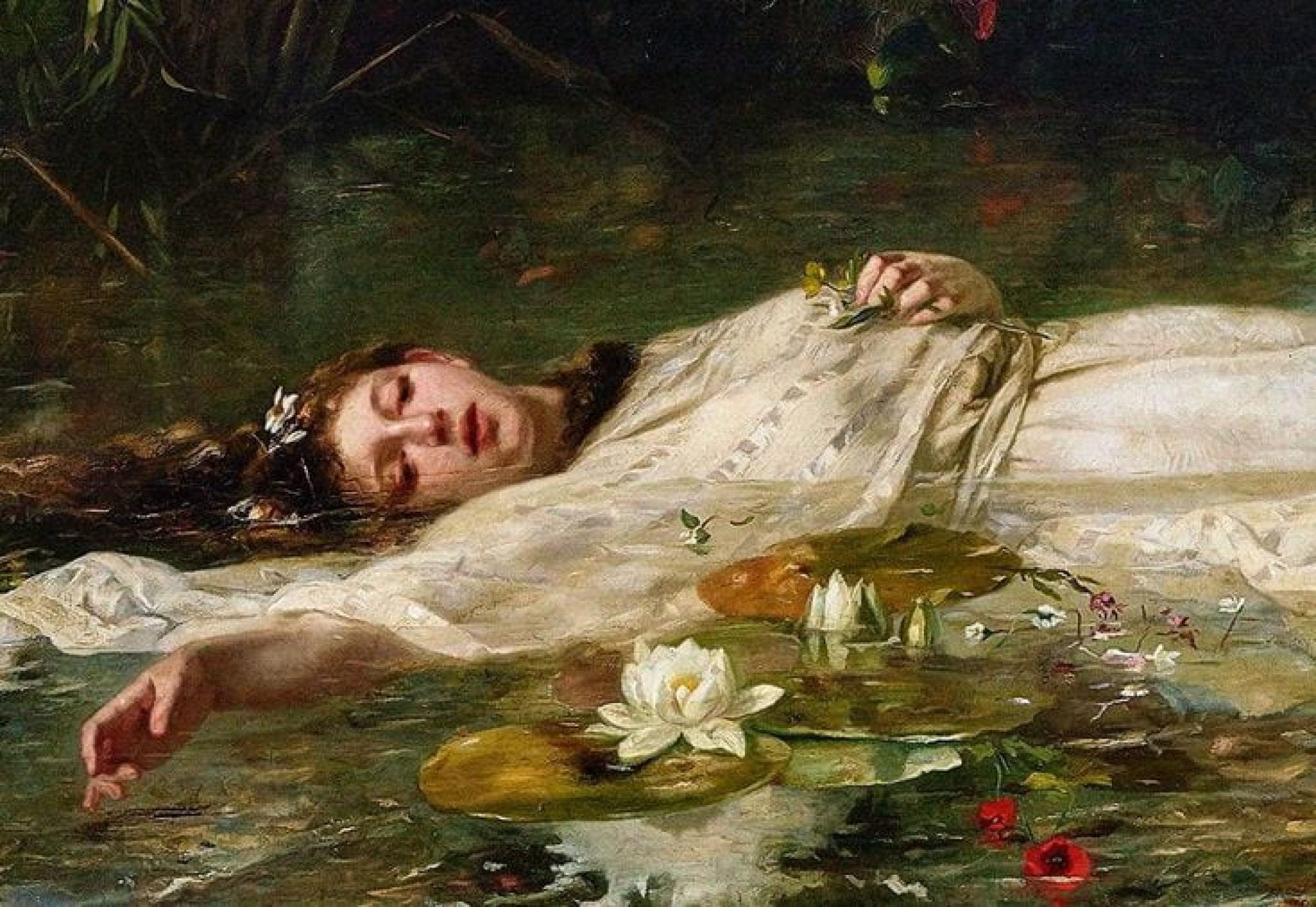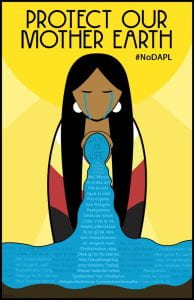I have built a website/web magazine called The New Feminist Perspective. This functions like a blog with a section for public discussion and somewhere that people can post about their personal experiences with intersectional issues. While I am the only person to post (SO FAR) I have many more ideas for posts and I have reached out to some friends of mine to write pieces to add to the site. One of my friends is a Navy Veteran and gay, yet she was sexually harassed many times over her Naval career and was put into many bad situations. When I discussed writing a piece for the site with her she was almost bursting with information and was so eager to share. I am really proud that I have been able to create a place where she can share her experiences for her own mental health and maybe even help someone going through a similar circumstance be seen.
Yet, The New Feminist Perspective is more than a blog, there are book recommendations and so much room to grow. I want to eventually add a news page and a page that will allow people to connect with local activist organizations. As I said on the site “The New Feminist Perspective is designed to uplift marginalized voices. Feminism has become a dirty word and has been warped ideologically to more closely resemble misandry than equality. It is the goal of the New Feminist Perspective to bring inclusivity and an intersectional framework back into mainstream feminism”. It’s hard to assess if this is really making a difference or an impact, I think that at the least this has become a place where people can vent their issues and frustrations and that is a valuable thing. I am the moderator but I have set rules for myself when I do start getting some potential posts, I am really hoping to be able to bring inclusive representation to the table. At the most this could become a source that is able to shift the perception of feminism back to an inclusive and equal framework. I knew for this assignment I wanted to focus on intersectionality and the focus of feminism on white upper class women has always rubbed me the wrong way because I was taught that feminism is equality. This assignment allowed me to roll both of those ideas into one forum where people can share and have their experiences heard. It’s also a place where people can go to better understand and empathize with others. I feel as a white woman a lot of us have had to take a step back and ask ourselves to check our biases and this is a place where we can learn and educate ourselves.
I will have to figure out how to get the domain name though. I don’t want this to stay as my URL but here is the current URL for The New Feminist Perspective. I am so so so proud of this site and what I was able to build here. Please I want all the feedback!!

 We see across cultures that humans have always had a large connectivity with land and environment. Defense and protection of the environment is synonymous with protection of resources and people. Native American cultures spanning from the southern parts of Chile and Argentina to northern Canada are deeply rooted in the physical land. Practicing culture and community in the age of industrialization and capitalism has become almost impossible. The 2015 “Gendered Impacts series” delves deeper into the connection between land violence and gender violence drawing parallels between the treatment of the environment and the treatment of the women who live there. These communities have been rocked by the intrusion of mining and other industrial facilities that see an “increase of violence against women due to the increase in revenue, that leads to the increase in alcohol and drug abuse, which leads to an increase of domestic violence” this paired with how many “women working at the mine were mainly working as house cleaning staff for a predominantly male workforce and so this did make them very vulnerable to sexual harassment” (KAIROS Canada). So not only have they been displaced from their land, but women in particular face violence on the soil where they were once safe. This displacement has huge community based issues, how do they practice a culture that is environment based when they have lost access to “traditional hunting grounds” and when “important animals have changed their migration routes” (KAIROS Canada)?
We see across cultures that humans have always had a large connectivity with land and environment. Defense and protection of the environment is synonymous with protection of resources and people. Native American cultures spanning from the southern parts of Chile and Argentina to northern Canada are deeply rooted in the physical land. Practicing culture and community in the age of industrialization and capitalism has become almost impossible. The 2015 “Gendered Impacts series” delves deeper into the connection between land violence and gender violence drawing parallels between the treatment of the environment and the treatment of the women who live there. These communities have been rocked by the intrusion of mining and other industrial facilities that see an “increase of violence against women due to the increase in revenue, that leads to the increase in alcohol and drug abuse, which leads to an increase of domestic violence” this paired with how many “women working at the mine were mainly working as house cleaning staff for a predominantly male workforce and so this did make them very vulnerable to sexual harassment” (KAIROS Canada). So not only have they been displaced from their land, but women in particular face violence on the soil where they were once safe. This displacement has huge community based issues, how do they practice a culture that is environment based when they have lost access to “traditional hunting grounds” and when “important animals have changed their migration routes” (KAIROS Canada)?
